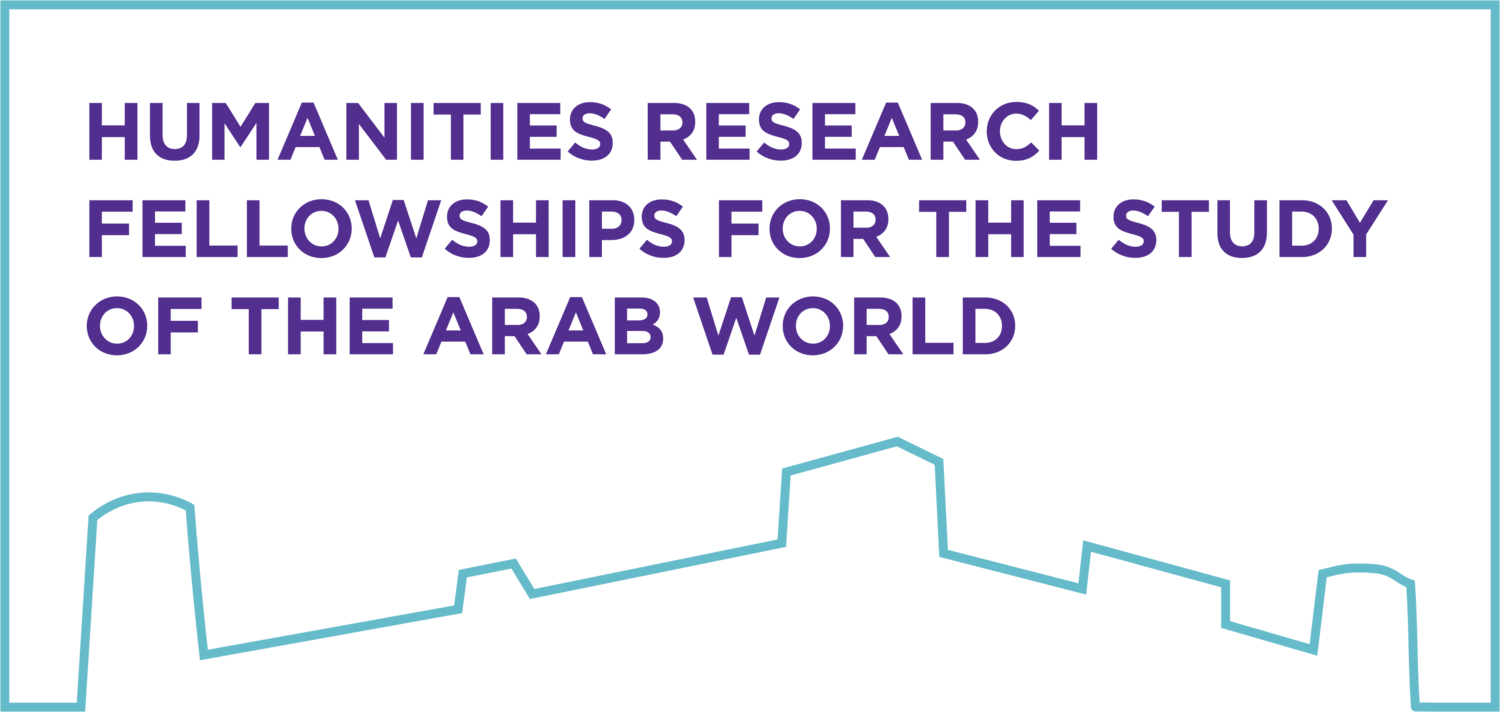This workshop is designed to provide a global and comparative context for the challenges and opportunities facing the liberal arts in the Arab world today by examining global trends, notably the growing influence of neo-liberal economic ideas and the increasing focus on security and risk management, in higher education in general and liberal education in particular around the world.
This uniquely American style of education — what has been called intellectual “cross-training” that makes even specialized graduates fit to face the increasingly varied and unexpected rigors of the contemporary world — has long been perceived as a source of American power and influence. Not surprisingly, then, post-Cold War globalization saw the expansion of US-style and US-sponsored universities and university programs across the globe, from branch campuses to newly-established institutions modelled on US liberal arts colleges, to English-sections in national university faculties.
This growth also brought many of the contemporary US debates about the purposes, funding, and assessment of higher education with it. With the rise of neo-liberal ideas, the prevailing rationale for a university education shifted from preparation for public roles of citizenship and social responsibility to training for the private labor market. Simultaneously we have witnessed growing conviction that advanced education and scholarly research may even be dangerous, not only to partisan agendas but social stability and national security. Security and risk management are becoming increasingly important aspects of the research enterprise, particularly in light of the powerful and accelerating flow of people, ideas, money, goods and services, pollutants and diseases, drugs, and weapons around the world. In this context, the liberal arts, particularly the social sciences and humanities, have come under increasingly skeptical scrutiny across the world.
This workshop asks that, as educators and researchers committed to promoting the liberal arts, social sciences and humanities, we address these challenges with candor, wisdom, and hope.
Participants
Al Bloom, Vice Chancellor, NYUAD
Abdulkhaleq Abdulla, Associate Professor of Political Science at UAE University
Ahmad Dallal, Provost of the American University of Beirut
Bryan Waterman, Associate Vice Provost for Undergraduate Academic Development, NYUAD
Cyrus Patell, Professor Of English, NYUAD
Eric Hershberg, Director of the Center for Latin American and Latino Studies and Professor of Government at American University (Washington)
Herve Cres, Dean of Social Sciences, NYUAD
Keiko Sakurai, Waseda University, International Liberal Studies, Japan
Kenneth Prewitt, Carnegie Professor and Director, Future of Scholarly Knowledge Columbia University, New York
Mariet Westermann, Executive Vice President for Programs and Research, Mellon Foundation (New York)
Marion Wrenn, Senior Lecturer, Director of the Writing Program, NYUAD
Martin Klimke, Associate Dean for Humanities, Associate Professor of History, NYUAD
Pauline Yu, President of the American Council of Learned Societies (Washington)
Reindert Falkenburg, Vice Provost for Intellectual and Cultural Outreach, NYUAD
Richard Black, Pro-Director (Research and Enterprise) at SOAS University of London
Robert Young- Dean of Arts and Humanities, NYUAD
Saleem Badat, Program Director, International Higher Education and Strategic Projects, Mellon Foundation (New York)
Saskia Sassen, Robert S. Lynd Professor of Sociology, Columbia University (New York)
Seteney Shami, Director of the Arab Council for the Social Sciences (Beirut)
Shamoon Zamir, Associate Professor of Literature and Visual Studies, NYUAD
